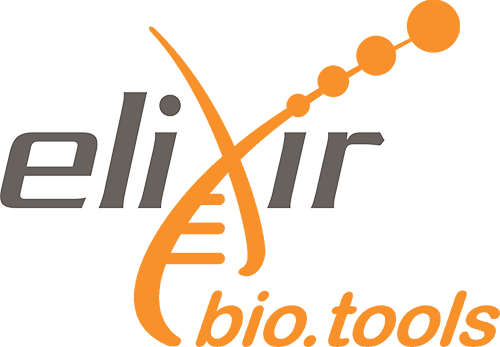e-learning
Long non-coding RNAs (lncRNAs) annotation with FEELnc
Abstract
Messenger RNAs (mRNAs) are not the only type of RNAs present in organisms (like mammals, insects or plants) and represent only a small fraction of the transcripts. A vast repertoire of small (miRNAs, snRNAs) and long non-coding RNAs (lncRNAs) are also present. Long non-coding RNAs (LncRNAs) are generally defined as transcripts longer than 200 nucleotides that are not translated into functional proteins. They are important because of their major roles in cellular machinery and their presence in large number. Indeed, they are notably involved in gene expression regulation, control of translation or imprinting. Statistics from the GENCODE project reveals that the human genome contains more than 19,095 lncRNA genes, almost as much as the 19,370 protein-coding genes.
About This Material
This is a Hands-on Tutorial from the GTN which is usable either for individual self-study, or as a teaching material in a classroom.
Questions this will address
- How to annotate lncRNAs with FEELnc?
- How to classify lncRNAs according to their localisation and direction of transcription of proximal RNA transcripts?
- How to update genome annotation with these annotated lncRNAs?
Learning Objectives
- Load data (genome assembly, annotation and mapped RNASeq) into Galaxy
- Perform a transcriptome assembly with StringTie
- Annotate lncRNAs with FEELnc
- Classify lncRNAs according to their location
- Update genome annotation with lncRNAs
Licence: Creative Commons Attribution 4.0 International
Keywords: Genome Annotation, eukaryote
Target audience: Students
Resource type: e-learning
Version: 11
Status: Active
Prerequisites:
- Genome annotation with Funannotate
- Introduction to Galaxy Analyses
Learning objectives:
- Load data (genome assembly, annotation and mapped RNASeq) into Galaxy
- Perform a transcriptome assembly with StringTie
- Annotate lncRNAs with FEELnc
- Classify lncRNAs according to their location
- Update genome annotation with lncRNAs
Date modified: 2024-09-18
Date published: 2022-09-23
Contributors: Anthony Bretaudeau, Björn Grüning, Deepti Varshney, Helena Rasche, Romane LIBOUBAN, Saskia Hiltemann, Teresa Müller
Scientific topics: Genomics
Activity log


